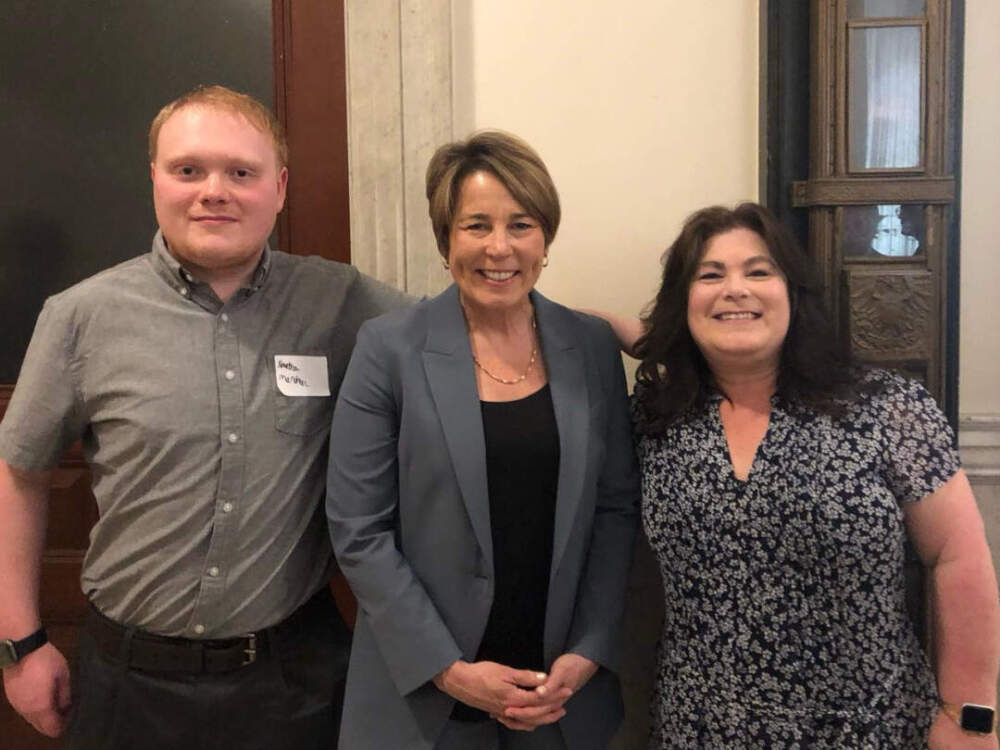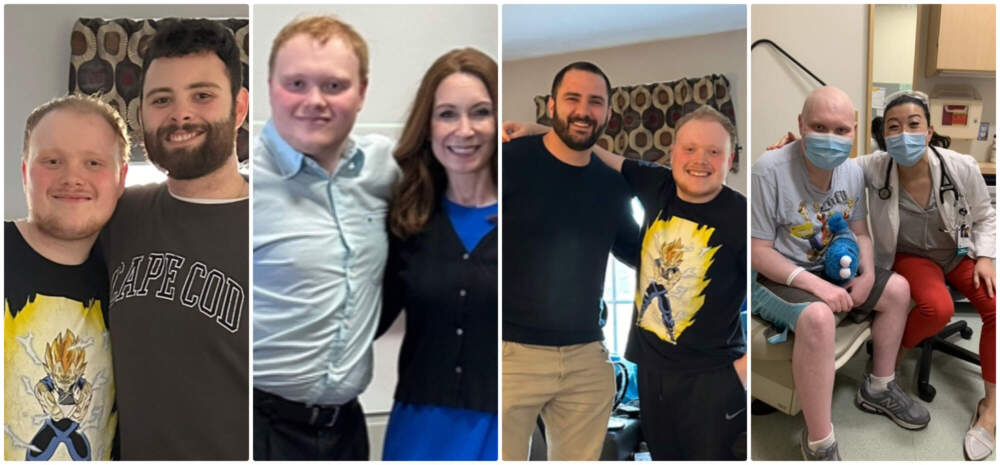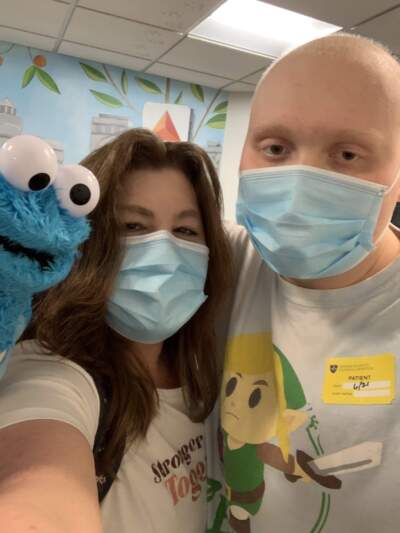Advertisement
Commentary
I’m an adult with autism. I built a team to help me make decisions

I am a 21-year-old home school graduate and cancer survivor who happens to have autism. A lot of people like me have a guardian — but I don’t. A guardian is someone like a family member, friend or professional appointed by the court to make decisions about another person’s health, safety and self-care when the court decides that person can’t make their own decisions. Instead of a guardian, I use a tool called supported decision-making or SDM.
When I was 16, the public school system told my mother and me that I would need full guardianship once I turned 18. In that case, my legal guardian would have the final say in all major decisions about my life, including where I would live and what services I would receive, along with all of my financial and medical decisions — likely for the rest of my life. This didn't feel right. I had always been involved in making my own decisions, and it didn’t make sense to take that away from me once I became an adult. Luckily, my mom knew a little about SDM, so we decided to try that instead.
SDM is an alternative to guardianship where a person like me, a “decision-maker,” picks a group of people they trust to help them make their own decisions. SDM enables me to be the CEO of my own life — just like most other people. I have used SDM my entire adult life, including in my fight against cancer. I would not be the person I am today without SDM.
I started by choosing the people I trust most to be my “supporters.” I then chose which supporters would help me with which types of decisions, and how I wanted each of them to help. My supporters include my mom, dad, brother, my mentor, friends, a therapist and others. I entered into an agreement with my supporters, and my plan has evolved as I’ve gotten older. My supporters provide different types of advice and assistance to me so I can live my best life. Thanks to SDM, I am the one in control of my life, not a judge or guardian.

Right now, Massachusetts lawmakers are considering a bill that would legally recognize SDM as an alternative to adult guardianship.
Rather than taking decisions away from people like me, SDM allows us to use supporters to help us make and communicate our own decisions. In other words, SDM works like other accommodations for people with disabilities that allow us to live our best lives.
In 2021, during the height of the COVID-19 pandemic, I was diagnosed with Ewing Sarcoma, a very rare form of cancer. By then, I was already using SDM and expected to use it in my cancer care too. However, the COVID-19 visitor restrictions made using SDM harder because the hospital didn’t want anyone but me at appointments. On top of that, my doctors and nurses had never heard of SDM and expected a guardian to make my decisions. We had to advocate forcefully with the hospital to allow my supporters to be with me at my appointments.
Six months into chemotherapy and two weeks into radiation, I was feeling horrible and hopeless and I wanted to quit my treatments. I gave my mom, one of my supporters, the okay to contact my medical team, and together they came up with a different plan for me to consider. I was able to talk to my supporters about the plan and get my questions answered before I agreed to move forward with it. That plan ultimately saved my life and protected my mental health.
Advertisement

I am cancer-free today because of SDM. My treatment team respected my SDM agreement because they saw that it worked. But it could have gone differently. The lack of legal recognition for SDM in Massachusetts was one more barrier during an already stressful time. The SDM legislation now on Beacon Hill would eliminate that barrier for others.
The proposed law would legally recognize SDM agreements and establish common standards for them. Equally important, the law would allow doctors, schools, banks, landlords and others to rely on the decisions made under SDM agreements. It includes some other important features. It would empower decision-makers to create, change or end their SDM agreements at any time and ensure that they include important safeguards against abuse.
But most importantly, the legislation would ensure that when youth with disabilities turn 18, they are made aware of SDM as an option and would require judges to consider SDM before ruling on a guardianship petition. Nineteen states and the District of Columbia have passed similar SDM laws.
Some worry that people with disabilities might be harmed or abused without guardians. My experience has been the opposite. SDM has allowed me to practice and strengthen my decision-making skills and learn self-advocacy. A guardianship wouldn’t have given me the same opportunity to grow and develop as an adult who can speak up and advocate for myself. But until SDM legislation is passed in Massachusetts, I have no guarantee that my decisions will be respected. Worse still, others like me may be steered into overly restrictive guardianships that don’t give them a chance to develop their own decision-making skills.
Guardianships — even broad ones — are and will always be necessary and helpful in some cases. But people with disabilities are all different, and our needs and preferences cannot be met with guardianship alone. Personally, I would be a shell of myself if I had a court-appointed guardian. Not only would the world see me differently, but I would see myself differently.
Having a cognitive or intellectual disability shouldn’t stop people from having a voice when it matters most. One day you, a member of your family or a close friend may need decision-making support. When that happens, you’ll be glad that SDM is an option.
Jonathan Gardner is a decision-maker and self-advocate. He is an ambassador for Operation House Call with The Arc of Massachusetts, a Flutie Fellow for the Doug Flutie Jr. Foundation for Autism and a board member of Massachusetts Advocates for Children. He is also the co-chair of the Massachusetts Supported Decision-Making Coalition. Gardner wrote this piece with the support of Sarah Boonin, an associate dean and clinical professor of law at Suffolk University.